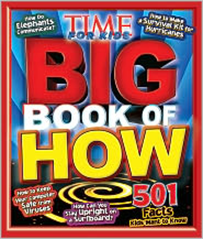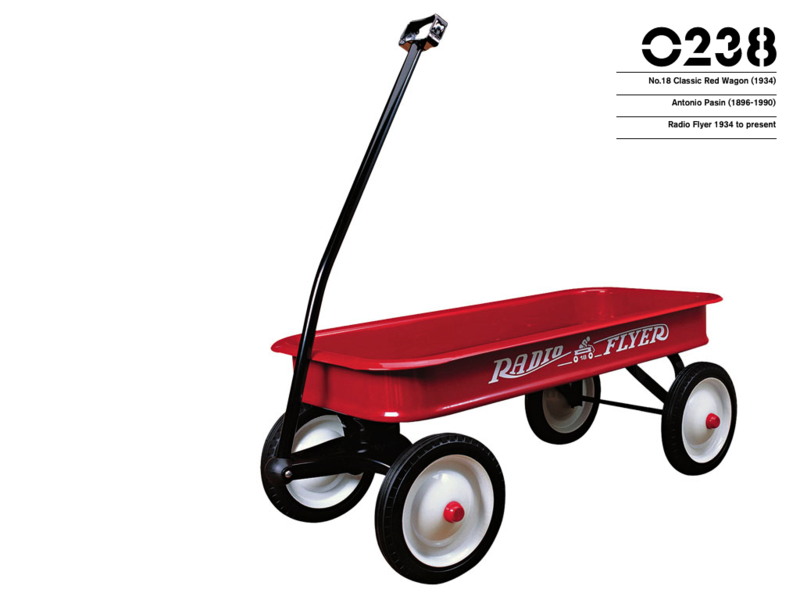The [Elf on the Shelf][1] didn't exist when we were growing up. As a true-believer I loved Christmas and had absolutely no problem with the idea of a man with a white beard somehow getting into our house once a year and leaving behind presents. But it seems to me (at least from my adult perspective) that the Elf on the Shelf takes Christmas magic and pushes it to its limits.
For those that aren't aware, the Elf on the Shelf is an emissary of Santa that appears in your house during the holidays and watches over your kids. He then goes back to the North Pole every night and reports on whether the children of the house have been naughty or nice. But every morning the little Christmas snitch comes back from making his report, he returns to another location in the house. And it's this random relocation that is both the source of magic and stress in my house.
The magic part is easy to understand. Like Santa's visit, anything that happens in the house without the permission of Mom and Dad is, in its own way, magical. But mostly my kids are excited when they wake up to look for him. It's kind of like a game, and when they find him it is always the first thing they tell me about at breakfast. Some families talk to the Elf and tell him what they want from Santa, and while we don't get that into it the Elf does become another fun way to get excited about Christmas.
Of course, all of that magic doesn't come without its cost. For every five (or so) times my kids wake up wondering where the Elf is, I wake up at least once in a panic wondering if Santa's other helper remembered to put the Elf into a new spot. And on the mornings that the Elf didn't manage to find a new place to roost there is always a lot of explaining to do to my six year old. As my wife said, "It's like the tooth fairy every single night."
Then last year it occurred to my daughter that if the Elf could go anywhere in the house while she was asleep, he could also end up in her room. And the thought of something coming into her room, magical or not, while she was sleeping wasn't cool. In fact she said that waking up with the Elf on the Shelf in her room would be "kind of creepy."
But she didn't want to banish him completely. So for two years now, on the first day he appears, she puts a note on her bedroom door telling him to stay out (this year's version is pictured above). And while she sticks to the rule of not touching the Elf, he also has kept clear of her room.
Then again, all of her anxiety over the Elf on the Shelf could be an elaborate ruse and the sign is just a cover for the really naughty stuff that's going on behind closed doors. I wouldn't put it past her.





